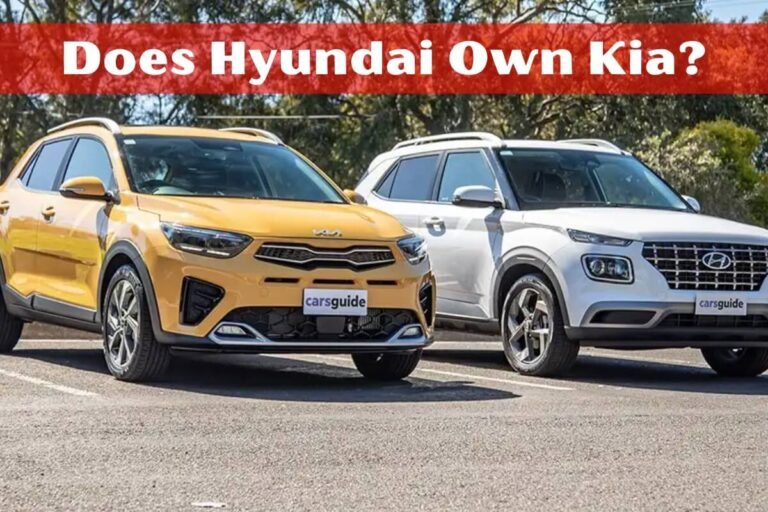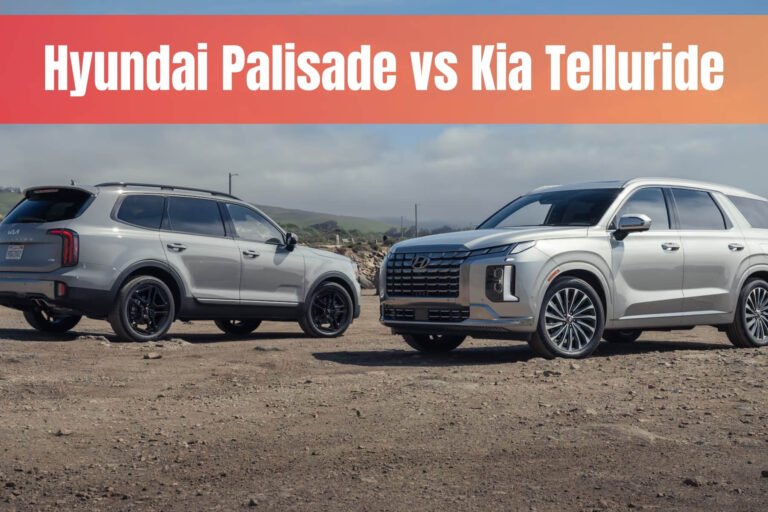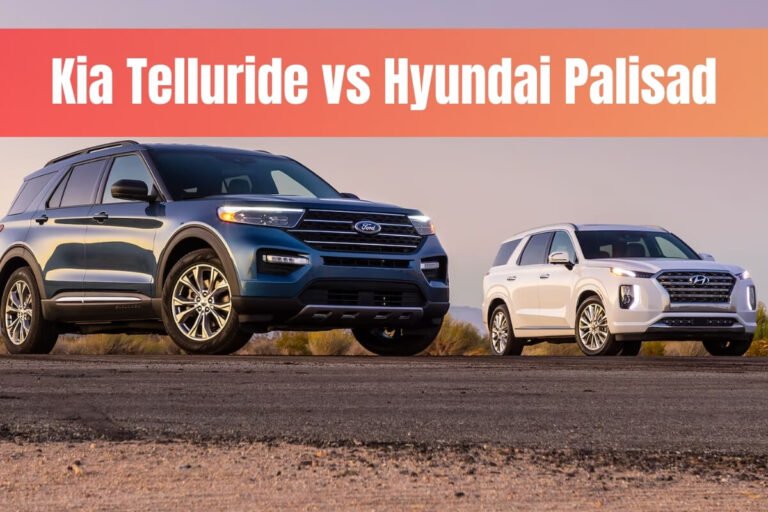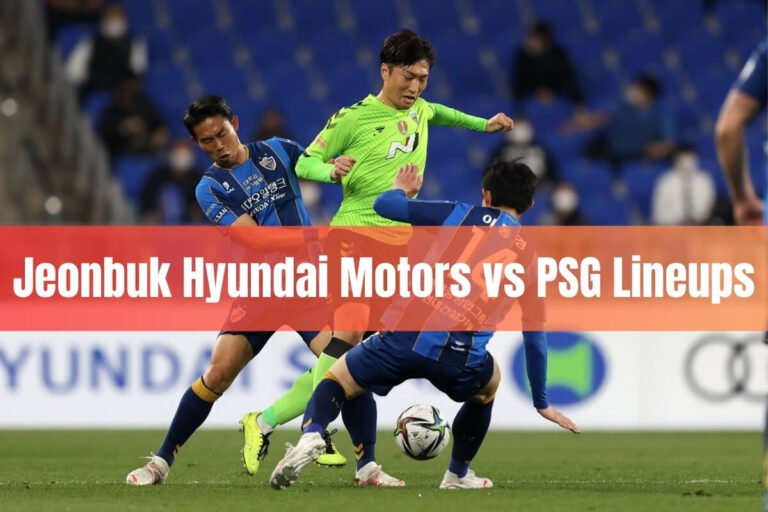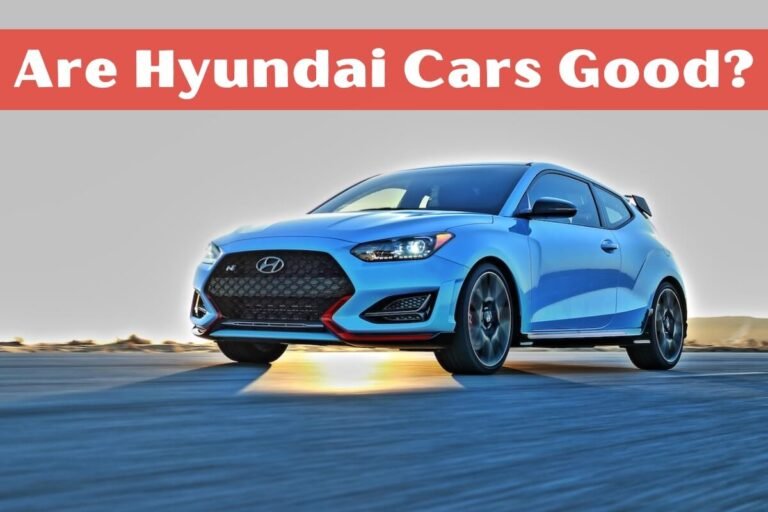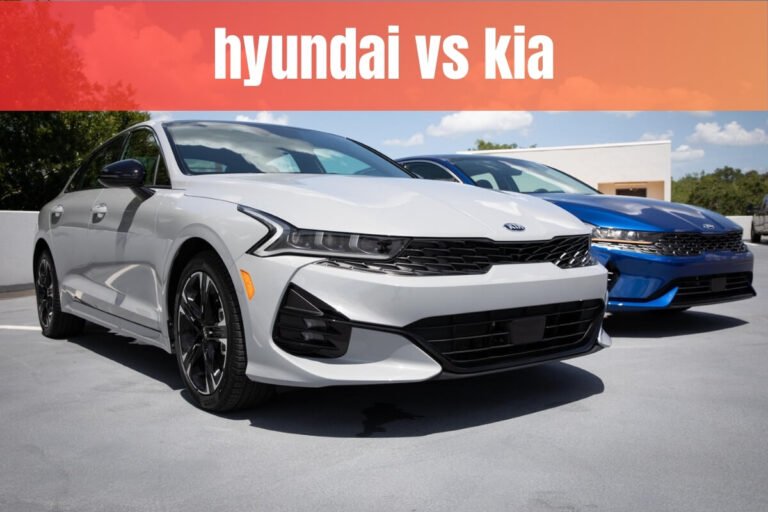Is Hyundai Japanese? Unveiling the Truth About the Brand
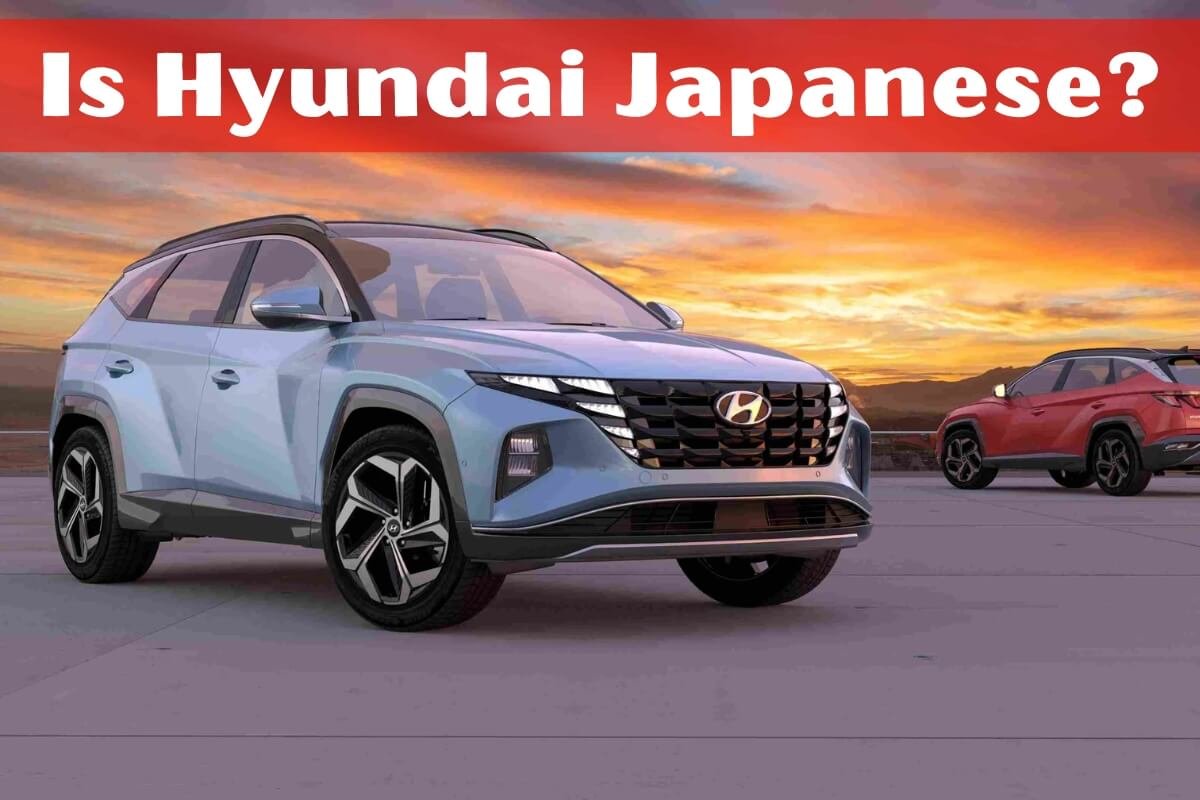
When you think of automotive giants from Asia, the first names that probably come to mind are Toyota, Honda, and Nissan – iconic Japanese brands that have left an indelible mark on the global auto industry. However, there’s another major player that often gets mistaken for a Japanese automaker: Hyundai.
Is Hyundai actually a Japanese car company? No, Hyundai is not Japanese but rather a South Korean multinational automotive manufacturer headquartered in Seoul.
In this comprehensive guide, we’ll explore the fascinating origins of Hyundai, its meteoric rise to become one of the world’s largest automakers, and how it has consistently challenged Japanese automotive dominance. We’ll also dive into Hyundai’s strategies for cracking the notoriously insular Japanese domestic market and its future ambitions in the rapidly evolving electric vehicle (EV) era.
Hyundai’s Origins and Growth: A Korean Success Story
Despite its global prominence today, Hyundai’s beginnings were humble. The company was founded in 1967 as a construction firm by Chung Ju-yung, an ambitious entrepreneur who dreamed of creating a domestic automotive industry in South Korea. It wasn’t until the 1970s that Hyundai ventured into the automotive sector, producing its first car, the Pony, in 1975.
From those modest beginnings, Hyundai embarked on an extraordinary journey of growth and expansion. The company quickly established itself in the South Korean market and then set its sights on international markets, including the United States, where it made its debut in 1986 with the Excel model.
Over the decades, Hyundai has consistently pushed the boundaries of innovation, quality, and affordability. Its commitment to continuous improvement has paid dividends, with the brand now renowned for its stylish designs, advanced technologies, and impressive safety ratings.
Today, Hyundai Motor Company is a true global powerhouse, with production facilities across the world and a diverse lineup of vehicles ranging from compact cars to luxury sedans and SUVs.
The Global Automotive Landscape: Where does Hyundai Stand?
In the fiercely competitive global automotive market, Hyundai has carved out an enviable position for itself. As of 2023, Hyundai ranks as the third-largest automaker in the world by production volume, surpassing Japanese rivals like Nissan and even industry titans like General Motors and Stellantis.
According to data from the Organisation Internationale des Constructeurs d’Automobiles (OICA), Hyundai sold over 3.89 million vehicles globally in 2021, trailing only Toyota and Volkswagen. The company’s market share continues to grow, thanks to its strong presence in key markets like the United States, China, and India.
While Hyundai may not yet match the sheer scale of Toyota or Volkswagen, it has consistently outperformed its Japanese competitors in areas like quality and reliability. In the influential J.D. Power Initial Quality Study, Hyundai and its sister brand Kia have frequently ranked at or near the top in recent years, surpassing Japanese brands known for their meticulous attention to detail.
Hyundai’s Ventures into the Japanese Domestic Market
Despite its global success, one market that has long eluded Hyundai is Japan itself. The Japanese automotive industry is notoriously insular, with domestic brands like Toyota, Honda, and Nissan commanding an overwhelming majority of the market share.
Hyundai’s first attempt to crack Japan came in the early 2000s when it began selling sedans and wagons like the Sonata and Grandeur. However, this initial foray was short-lived, with Hyundai withdrawing from the Japanese market in 2009 after struggling to gain traction against local heavyweights.
Undeterred, Hyundai made a strategic decision to re-enter Japan in 2022, but this time with a renewed focus on electric and fuel cell vehicles. The company’s new approach includes an online-only sales model and a concerted effort to build brand recognition through initiatives like car-sharing services and assurance programs.
Overcoming Cultural and Consumer Barriers in Japan
Hyundai’s path to success in Japan is fraught with challenges, not least of which is the deep-rooted cultural affinity Japanese consumers have for domestic brands. Toyota, in particular, enjoys an almost religious-like following in its home market, with generations of loyal customers drawn to the brand’s reputation for reliability and quality.
To overcome these barriers, Hyundai has adopted a patient, “mind share over market share” strategy. Rather than aggressively pursuing sales numbers from the outset, the company is focused on familiarizing Japanese consumers with its products and building trust in the Hyundai brand.
One key initiative is Hyundai’s assurance program, which provides free inspections, battery coolant replacements, and coverage for exterior damage repairs on its electric vehicles (EVs). This program aims to alleviate concerns Japanese consumers may have about the reliability and maintenance of EVs, a relatively new technology in the market.
Hyundai is also leveraging car-sharing platforms and rental services to give Japanese consumers hands-on experience with its vehicles, allowing them to form their own impressions of the brand’s quality and driving dynamics.
Hyundai vs Japanese Automakers: A Clash of Automotive Titans
While Hyundai’s efforts to gain a foothold in Japan are still in the early stages, the company’s broader rivalry with Japanese automakers like Toyota, Honda, and Nissan has been heating up for years.
In various vehicle segments, from compact cars to SUVs and luxury sedans, Hyundai has consistently positioned itself as a formidable competitor to its Japanese counterparts. The company’s vehicles often match or exceed Japanese models in areas like:
- Quality and Reliability: As mentioned earlier, Hyundai and Kia have consistently ranked among the top brands in influential quality studies like J.D. Power’s.
- Safety Ratings: Hyundai has earned top safety ratings from organizations like the Insurance Institute for Highway Safety (IIHS) and the National Highway Traffic Safety Administration (NHTSA) for its advanced safety features and crash test performance.
- Value Proposition: Hyundai has built a reputation for offering feature-rich vehicles at competitive price points, often undercutting Japanese rivals while delivering comparable or superior levels of quality and performance.
- Design and Technology: With a focus on sleek, modern designs and cutting-edge technologies like advanced driver assistance systems (ADAS) and infotainment systems, Hyundai vehicles frequently match or surpass Japanese offerings.
Is Hyundai Better than Toyota, Honda or Nissan?
When it comes to comparing Hyundai to specific Japanese automakers like Toyota, Honda, and Nissan, the answer often depends on the vehicle segment and individual model in question.
In the compact car segment, for instance, Hyundai’s Elantra and Kia’s Forte have consistently earned praise for their combination of affordability, fuel efficiency, and feature-richness, often outperforming comparable models from Honda (Civic) and Toyota (Corolla).
In the SUV and crossover categories, Hyundai’s Santa Fe, Tucson, and Kia’s Sportage and Sorento have proven themselves as capable alternatives to popular Japanese models like the Honda CR-V, Toyota RAV4, and Nissan Rogue, offering competitive pricing, spacious interiors, and advanced safety features.
When it comes to midsize and full-size sedans, Toyota and Honda have traditionally held an edge with models like the Camry and Accord. However, Hyundai’s Sonata and Kia’s Cadenza have narrowed the gap in recent years, delivering stylish designs, ample interior space, and a long list of standard features at a lower price point.
Ultimately, while Japanese automakers like Toyota, Honda, and Nissan continue to set high benchmarks in various segments, Hyundai has consistently proven itself as a worthy adversary, delivering vehicles that often match or exceed their Japanese counterparts in key areas like value, quality, and overall driving experience.
The Future of Hyundai: Embracing Innovation and Electrification
As the automotive industry undergoes a seismic shift toward electrification and autonomous driving technologies, Hyundai has positioned itself at the forefront of this revolution. The company has made significant investments in research and development, with a particular focus on electric vehicles (EVs) and hydrogen fuel cell technology.
Hyundai’s EV lineup is spearheaded by models like the Ioniq 5, a sleek and futuristic crossover that has garnered numerous accolades for its impressive range, performance, and cutting-edge features. The company has also introduced advanced hydrogen fuel cell vehicles like the Nexo, showcasing its commitment to exploring alternative propulsion technologies.
Beyond just producing innovative vehicles, Hyundai is also exploring new mobility solutions and business models that could disrupt the traditional automotive industry. The company has invested heavily in areas like autonomous driving, urban air mobility, and robotics, with the goal of developing a comprehensive ecosystem of connected, intelligent transportation systems.
One area where Hyundai is making significant strides is in the development of autonomous driving technologies. The company has established a dedicated division, Hyundai Mobis, which is spearheading research and development efforts in this field. Hyundai’s autonomous driving systems are already being tested in real-world scenarios, paving the way for the eventual introduction of self-driving vehicles.
In addition to autonomous driving, Hyundai is also exploring the potential of urban air mobility, which involves the use of electric vertical take-off and landing (eVTOL) aircraft for urban transportation. The company has partnered with companies like Uber Elevate to develop air taxi services, with the goal of providing eco-friendly and efficient transportation solutions for congested urban areas.
Hyundai’s commitment to innovation extends beyond just transportation as well. The company has acquired Boston Dynamics, a leading robotics company known for its advanced humanoid and animal-like robots. This acquisition positions Hyundai at the forefront of robotics research and development, with potential applications in various industries, including manufacturing, logistics, and even healthcare.
Will Hyundai Surpass Japanese Brands in the EV Era?
As the automotive industry transitions towards electrification, Hyundai finds itself in a unique position to challenge the dominance of Japanese automakers like Toyota, Honda, and Nissan. While these Japanese brands have traditionally been leaders in internal combustion engine (ICE) technology, they have been relatively slower to embrace the shift towards electric vehicles.
Hyundai, on the other hand, has been aggressively investing in EV technology and has already brought several well-received models to market, such as the Ioniq 5 and the Kona Electric. The company’s commitment to electric vehicles is evident in its ambitious goal of introducing 23 new electric models by 2025 and achieving an annual EV production capacity of 1.8 million units by the same year.
Moreover, Hyundai’s partnership with Boston Dynamics and its investment in autonomous driving technology could give it a significant advantage in the emerging market for self-driving electric vehicles. As the automotive industry continues to evolve, the ability to seamlessly integrate advanced technologies like autonomous driving and connectivity into electric vehicles will become increasingly important.
However, it’s important to note that Japanese automakers like Toyota and Honda are not standing still in the face of this electric revolution. Both companies have announced significant investments in EV technology and have plans to introduce a range of electric models in the coming years. Toyota, in particular, has been a leader in hybrid technology and is leveraging its expertise in this area to accelerate its transition to fully electric vehicles.
Additionally, Japanese automakers have a strong brand reputation and customer loyalty, particularly in their home market, which could make it challenging for Hyundai to gain significant market share in the short term.
Ultimately, the race towards electric vehicle dominance is still in its early stages, and it remains to be seen whether Hyundai can truly surpass its Japanese rivals in this rapidly evolving landscape. However, with its aggressive investment in EV technology, commitment to innovation, and willingness to disrupt traditional business models, Hyundai is well-positioned to be a major player in the electric vehicle era.
Final Verdict
while Hyundai is often mistaken for a Japanese brand, the company’s roots are firmly planted in South Korea. From its humble beginnings as a construction firm to its current status as the third-largest automaker in the world, Hyundai’s journey has been remarkable.
Despite facing significant challenges in cracking the notoriously insular Japanese domestic market, Hyundai’s patient and strategic approach, combined with its focus on electric and fuel cell vehicles, has positioned the company for potential success in this critical market.
More broadly, Hyundai’s rivalry with Japanese automotive giants like Toyota, Honda, and Nissan has intensified in recent years, with the South Korean brand consistently challenging its Japanese counterparts in areas like quality, safety, and value proposition. As the industry undergoes a seismic shift towards electrification and autonomous driving technologies, Hyundai has emerged as a formidable force, with its aggressive investment in these cutting-edge technologies and its willingness to disrupt traditional business models.
While Japanese automakers like Toyota and Honda have a significant head start and a deep-rooted brand loyalty, particularly in their home market, Hyundai’s commitment to innovation and its ability to rapidly adapt to changing consumer preferences could give it a competitive edge in the years to come.
Ultimately, the automotive industry is in the midst of a transformative era, and the battle for supremacy between Hyundai and its Japanese rivals promises to be an exciting one to watch unfold.

